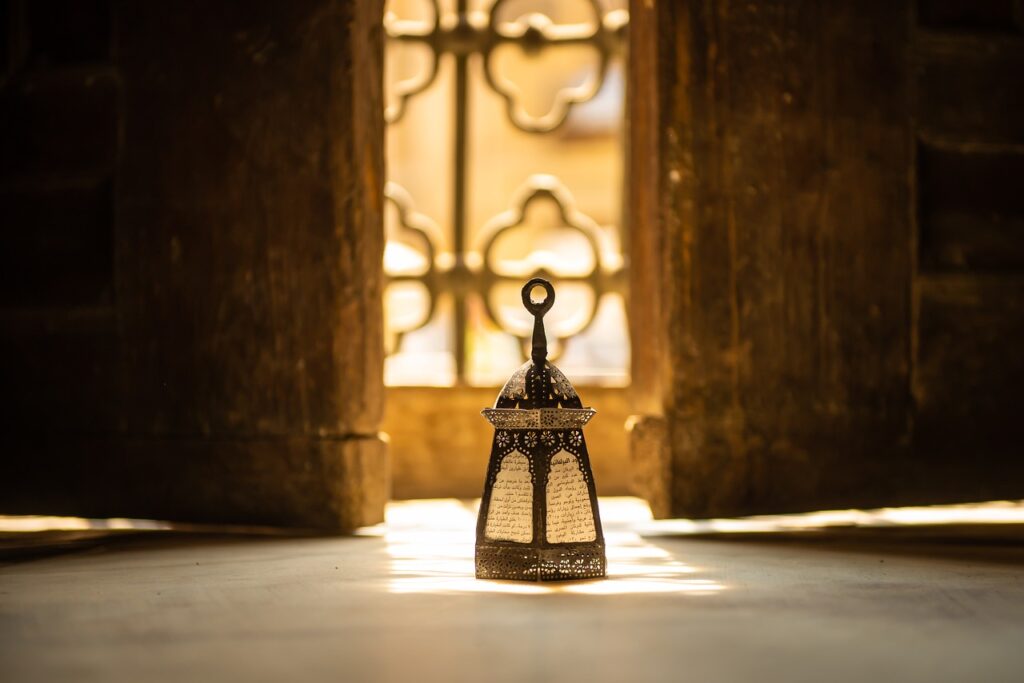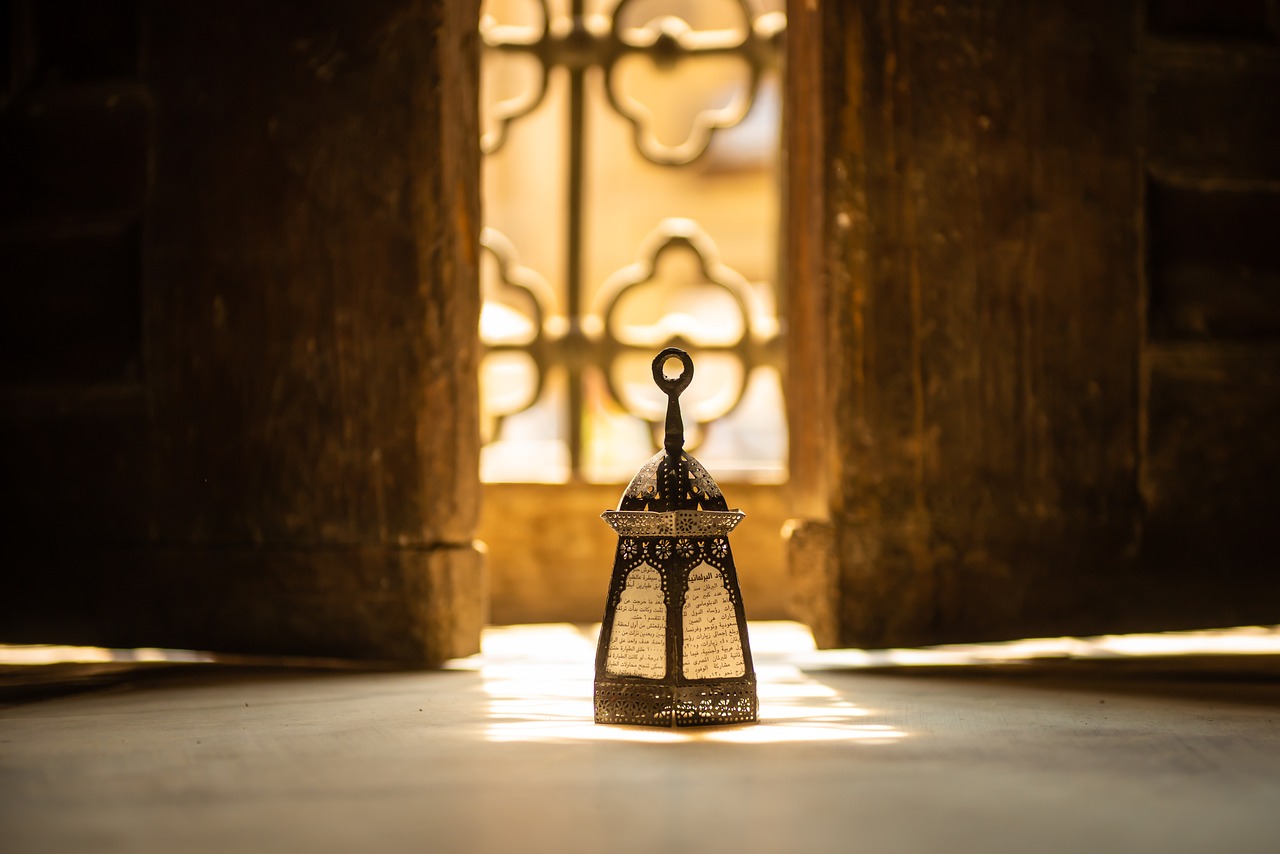Ramadan 2024: Comprehensive Guide for a Month of Fasting
Ramadan 2024: Comprehensive Guide for a Month of Fasting, Prayer, and Renewal

Introduction
Ramadan, the fourth pillar of Islam, is a time of deep spirituality and purification to attain Allah’s satisfaction. The Prophet Muhammad’s hadith emphasizes its significance: “When Ramadan begins, the doors of paradise open, hell’s doors close, and devils are chained.”
Quotation: “All you who believe! Fasting is prescribed for you as it was prescribed for those before you, that you may attain piety.” (Quran, Al-Baqarah 183)
Preparation for Ramadan 2024: Muslims globally prepare for Ramadan 2024, anticipated to start around March 10 and end on April 9 with Eid al-Fitr. This guide explores the facets of this sacred month, offering enriching perspectives on its practices and profound significance.
1. History and Significance of Ramadan:
Historical Origins: Ramadan, established as a pillar of Islam, resulted from a specific Quranic revelation to Prophet Muhammad, marking a pivotal moment in Islamic history.
Spiritual and Religious Significance: Ramadan is a time for purification and closeness to Allah, fostering Taqwa (consciousness of Allah). Hadiths highlight its deep spiritual dimension.
2. The Moon and Calendar: Determining Ramadan Date:
Lunar Observation: The Islamic method relies on physically observing the moon, as emphasized by the Prophet Muhammad: “Fast upon its sighting and break your fast upon its sighting.” This underscores the importance of direct moon observation.
Islamic Calendar Specifics: The Islamic calendar, based on lunar cycles, uses the moon as a time marker. Allah refers to the moon in the Quran as a means to measure time, emphasizing its role in determining Islamic months.
3. Spiritual and Physical Preparations for Ramadan:
Importance of Preparation: Ramadan calls for both spiritual and physical readiness. Allah advises to take provisions, highlighting internal preparation for fasting (Quran, Al-Baqarah 2:197).
Effective Preparation Tips: Physically, a healthy diet aligns with the Prophet’s advice. Spiritually, strengthening ties with Allah through extra prayers and Quranic readings is essential.
4. Rituals of Ramadan:
Suhoor and Iftar Traditions: Suhoor, the pre-dawn meal, is encouraged by the Prophet for its blessings. Iftar, the sunset meal, is a moment of gratitude and sharing.
Tarawih Prayers: Special nightly prayers during Ramadan provide an opportunity for Quranic recitation and spiritual meditation, contributing to forgiveness.
5. Fasting: Physical and Spiritual Dimensions:
Fasting Rules: Ramadan fasting is obligatory for healthy adult Muslims, refraining from dawn to sunset. Physically, it enhances discipline and promotes healthier habits.
Spiritual and Physical Benefits: Fasting cultivates spiritual closeness to Allah and encourages reflection on Islamic teachings. Physically, it purifies the body, as highlighted by the Prophet.
6. The Quran and Ramadan:
Reading and Reciting the Quran: Ramadan, the month of Quranic revelation, offers a unique immersion in the sacred text. Muslims are encouraged to read the Quran in its entirety, following the Prophet’s example.
Significance of Quranic Revelations during Ramadan: Reflecting on the guidance and wisdom of the Quran during Ramadan strengthens the spiritual connection with Allah.
7. The Night of Decree (Laylat al-Qadr):
Importance and Significance: Laylat al-Qadr, the “Night of Decree,” is considered Islam’s holiest night, symbolizing immense blessings. Seeking it in the odd nights of the last ten days of Ramadan is recommended.
Recommended Practices: Muslims intensify prayers, Quranic recitation, and seek forgiveness during Laylat al-Qadr, engaging in traditional acts of devotion.
8. Zakat al-Fitr and Acts of Charity:
Obligation and Importance of Zakat al-Fitr: Obligatory before Ramadan ends, Zakat al-Fitr purifies and blesses believers. Charity holds a prominent place in Islam, as highlighted in the Quran.
Charitable Impact during Ramadan: The month accentuates charity, reminiscent of Prophet Muhammad’s generosity. Charity during this blessed period is a means of helping the less fortunate.
9. Celebrating Eid al-Fitr:
Meaning and Traditions of Eid: Eid al-Fitr is a joyous celebration marking the end of Ramadan. The Quran encourages proclaiming Allah’s greatness after periods of intense worship.
Transition from Ramadan to Eid: A hadith emphasizes the significance of fasting six days in Shawwal after Ramadan, likening it to fasting the entire year. Eid al-Fitr bridges the conclusion of Ramadan to the continuity of good practices.
Conclusion:
Ramadan 2024 is a time of intense devotion and spiritual renewal. As the Quran teaches, this sacred month is an opportunity to draw closer to Allah and strengthen our faith. May this Ramadan be a period of spiritual growth, charity, prayer, and communal connection.
Join Al-Dirassa Institute this Ramadan 2024 and explore our Comprehensive Guide for a Month of Fasting—enroll now to access valuable resources, engaging lessons, and community support to enrich your spiritual experience!
To Know More: 10 Tips to Prepare Ramadan
Book your free trial lesson
Don’t want to go through the translation anymore?
30 free minutes with your qualified Egyptian teacher.
Chosen and Trusted by Thousands of Satisfied Learners
Discover the experiences of our delighted clients who have thoroughly enjoyed utilizing this standout feature.
Alhamdulillah I‘m very pleased with the arabic and Qur’an lessons I receive from teacher Umm Tasneem and I‘m also content with the al-dirassa administration team who were very quick in answering any questions I had. In a month I progressed a lot and I cannot wait to continue my studies with al-dirassa. May Allah reward everyone at al-dirassa.
Verified review - view original
My Qur’an teacher is fantastic, she teaches me in a loving and kind way where I look forward to the lessons and learn so much. My Arabic teacher is equally as nice and has a lot of patience with me, she has great expertise in the field and I’ve progressed really quickly with her. Thank you Al-dirassa!
Verified review - view original







